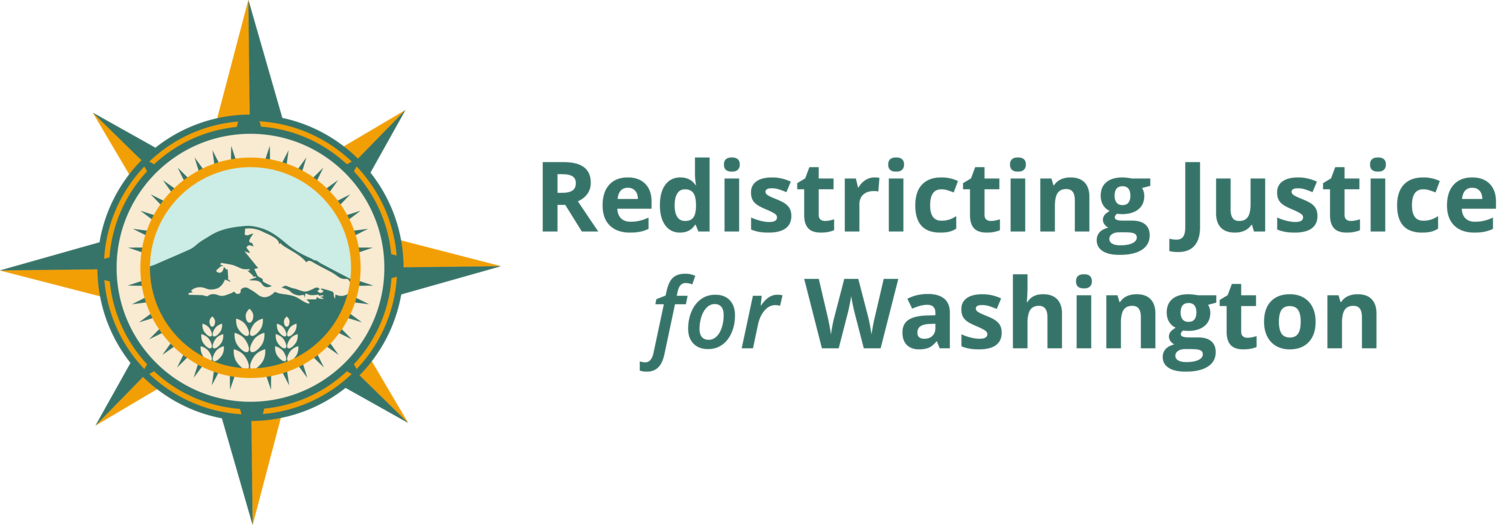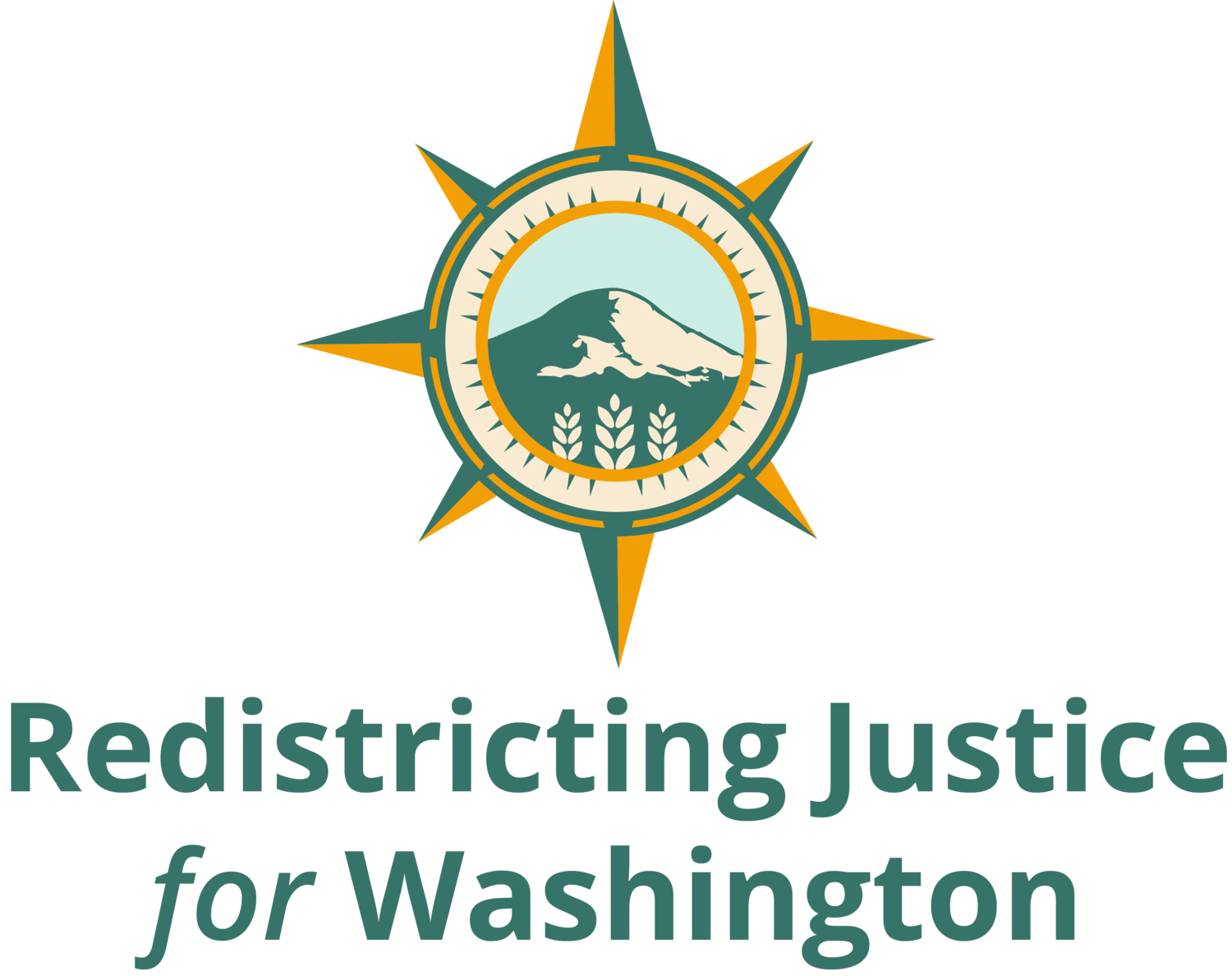RJS Coalition proposes Seattle City Council redistricting map, centers marginalized communities
SEATTLE—As Seattle Redistricting Commissioners release their individual proposals, the Redistricting Justice for Seattle (RJS) coalition—in the interest of increased community engagement, transparency, and equity—has submitted its own map proposal, which resulted from engaging over 200 Seattleites and over 20 community-based organizations.
“We want to help the Commission hear everyone’s voices, not just the more privileged folks who have the time,” wrote Andrew Hong, RJS coordinator. “So we engaged communities of color beyond slated public forums to ensure equity in the process. Our map was drawn by community to keep communities of interest together.”
RJS organizers stressed the importance of including Seattle’s often excluded neighborhoods in redistricting—ones that historically faced both physical urban planning and nonphysical districting division, like South Seattle, Chinatown-International District, and the Central District.
“Neighborhoods should be kept together, not divided,” Joseph Lachman of Asian Counseling and Referral Service said. “Whether it’s highways built to demolish and split physical neighborhoods populated by communities of color or it’s districting to dilute and split the votes of those same communities, the outcomes are the same. Dividing us up inflicts harm and cements inequity.”
As such, RJS kept diverse South Seattle neighborhoods intact in District 2 (represented by City Councilmember Tammy Morales) while adding Yesler Terrace, currently District 3 (represented by Councilmember Kshama Sawant). The map also kept majority-renter neighborhoods near Downtown together in District 7 (represented by Councilmember Andrew Lewis).
Hong presented RJS’ proposal on Tuesday, July 19 at the Commission’s weekly business meeting. The coalition hopes the Commission adopts its map.
“Our map ensures we are not diluting the voting power of young people, renters, working class people, and marginalized groups. The Commission should aim to achieve the same,” said Katie Stultz. WinWin Network’s Political Director.
###
RJS is made up of local, community-based organizations, advocacy groups, community members and non-profits interested in calling for an equitable and transparent Seattle redistricting process. They include Washington Community Alliance, WinWin Network, Fix Democracy First, Asian Counseling & Referral Service, Urban League of Metropolitan Seattle, League of Women Voters Seattle-King County, Asian Pacific Islander Americans for Civic Empowerment,. Washington Bus, Pacific Islander Health Board, Rainier Beach High School community, Planned Parenthood NW, Seattle Chinatown International District Preservation Development Authority (SCIDpda).

